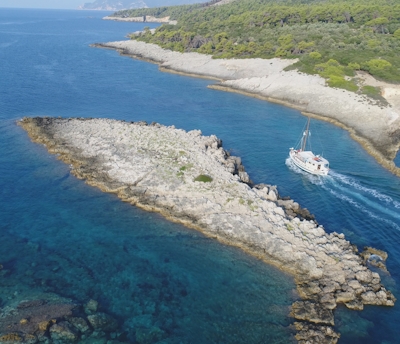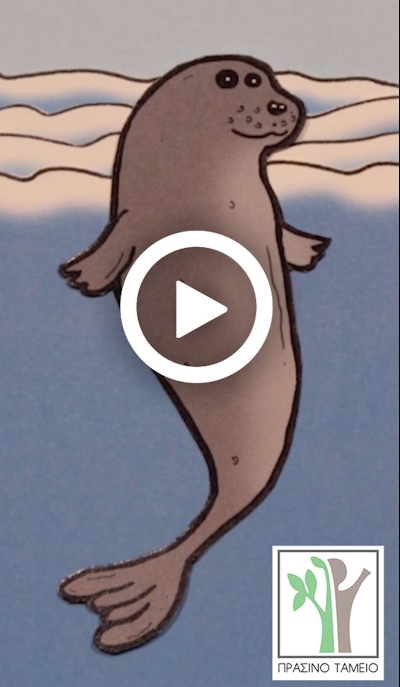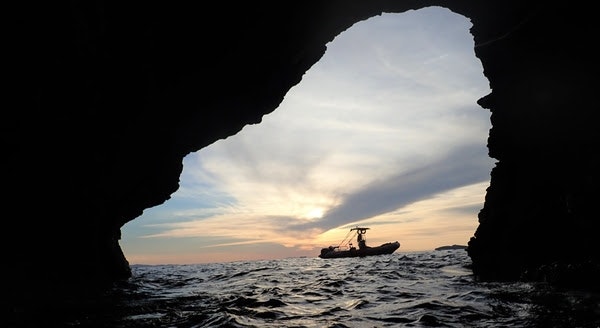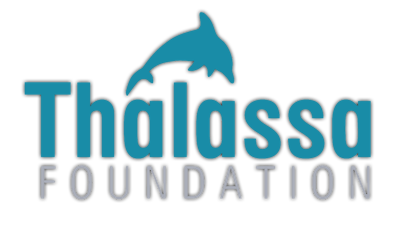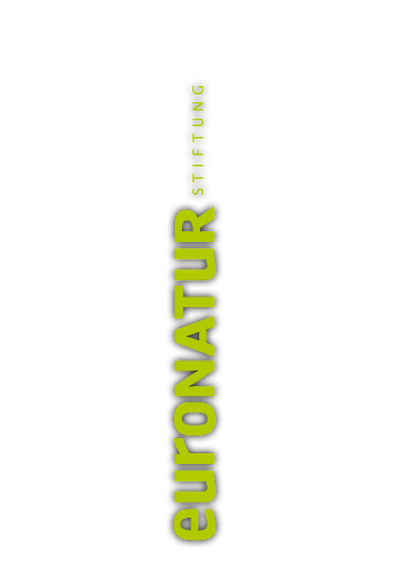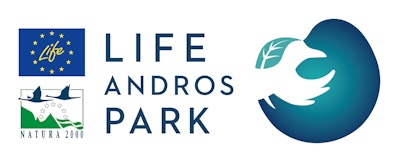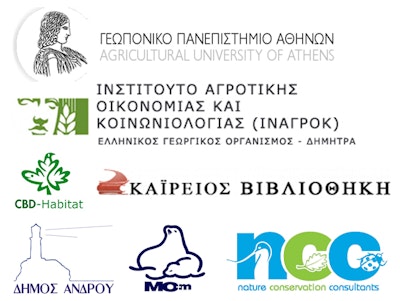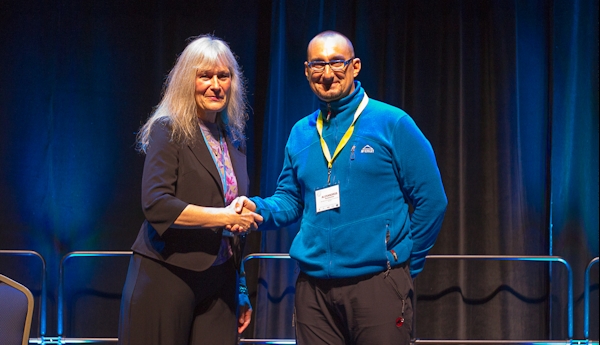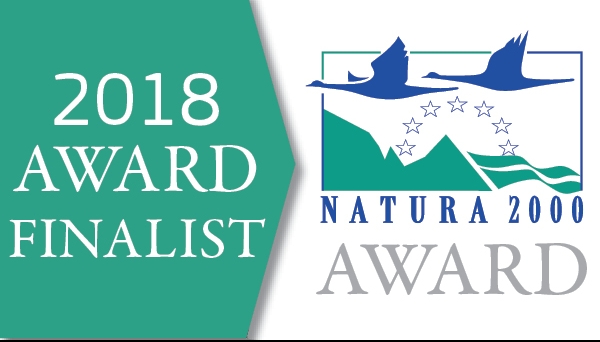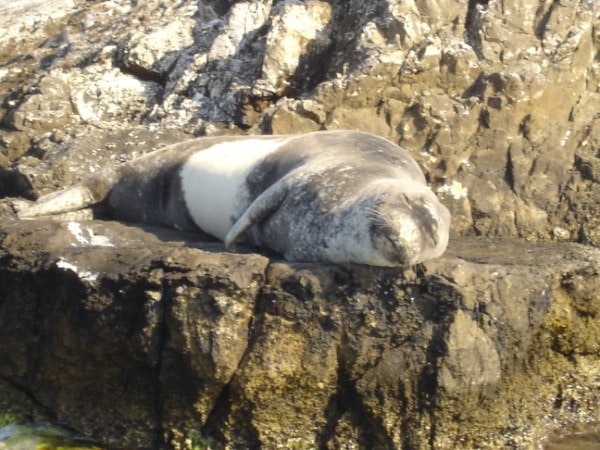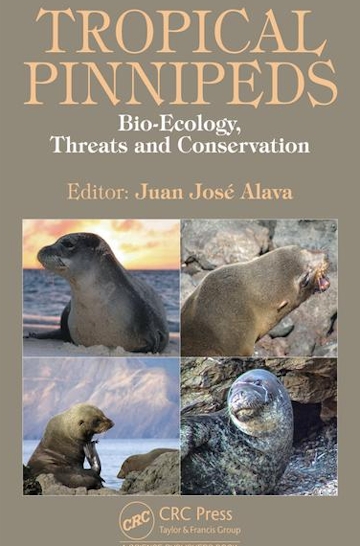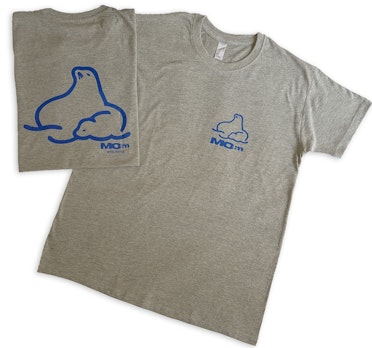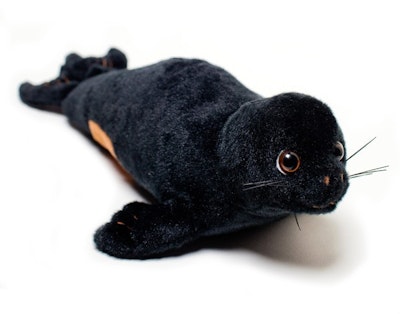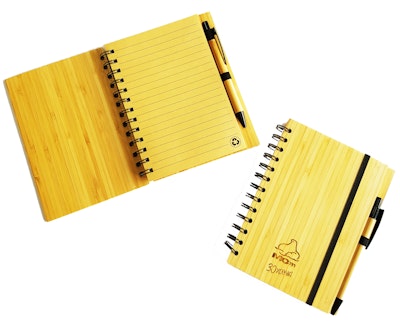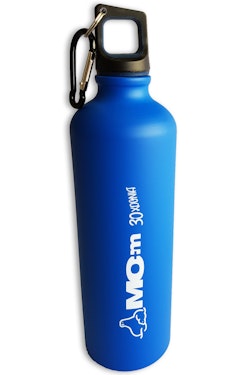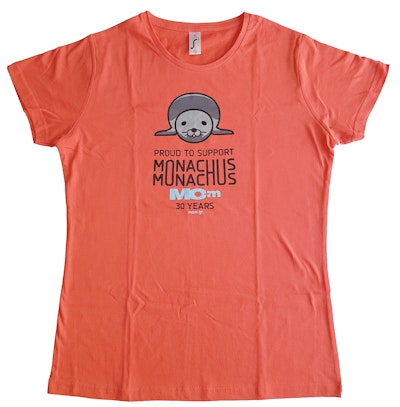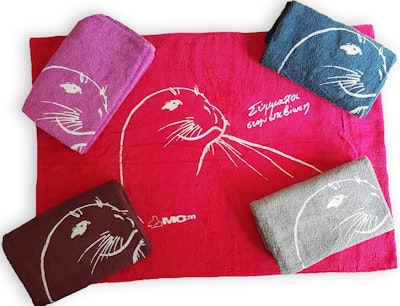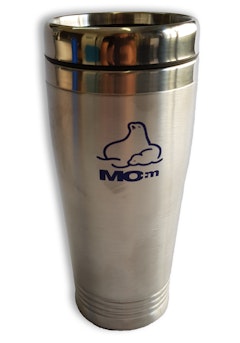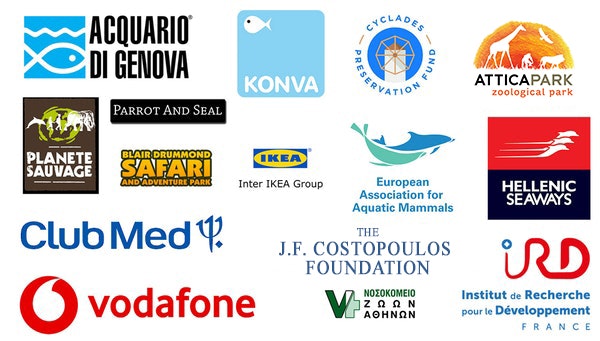If this newsletter doesn't appear correctly, please click here
|
|
|
In spring 2018, we celebrated our 30 years of continuous action and active presence in the marine environment protection and conservation of Greece and, more specifically, in the protection of one of the rarest marine mammals of Europe, the Mediterranean monk seal Monachus monachus. We would like to thank everyone that has supported our work so far and to assure you that we will be continuing our efforts with the same enthusiasm!
|
| |
|
In September 2018, a male orphan pup was located by locals of the island of Folegandros on the famous beach "Agali", right after medicane "Zorbas" had swept through Greece. The newborn pup was clearly malnutritioned, since it weighed less than half of what it should for its age (almost 2 weeks old). With the help of the locals, little "Kostis" was transferred to MOm's First Aid Station in Spata, Attica, where he will be remaining until the completion of his rehabilitation and his return to his natural habitat.
|
| |
|
A new collaboration between MOm & Vodafone Greece has started, aiming to install high definition remote controlled cameras in various islands of the Aegean in order to record and monitor hard-to-reach caves used by monk seals to reproduce. This groundbreaking initiative is based on the IoT (Internet of Things) solutions and the 4G cellular network Vodafone Greece provides, which have helped solve two major issues when researching these areas: the lack of electricity and the severe weather conditions. The first reproduction cave is already on the cloud and the first recordings of the mothers and their pups are coming through! This initiative will expand to other islands of the Aegean and the Ionian Seas, offering MOm's research team the ability to monitor these sites with discretion and to intervene in emergency cases if necessary!
https://youtu.be/-CN5lCIVvGI
|
|
|
MOm at the National Marine Park of Alonissos Northern Sporades
|
|
|
With the funding of the Thalassa Foundation and the cooperation of the National Marine Park of Alonissos Northern Sporades Management Body, MOm:
1. Coordinated the mapping of the Posidonia beds, the estimation of the status of fishstock, and the scientific evaluation of the sea water quality through the recording of a series of chemical and biological parameters. The study of the fishstock and the water quality was carried out by researchers of the Aristotelion University of Thessaloniki under the scientific supervision of Dr. Thanasis Tsikliras and Dr. Dimitra Bobori, respectively. The results of the actions above are expected to become a very important database for the overall estimation of the status of the marine environment of the Park and its comparative evaluation today and in the future.
2. Has participated in the surveillance of the National Marine Park this year as well, an action in which MOm has contributed for many years regarding its methodolgy and effectiveness.
|
| |
|
Operation of the Rescue & Information Network
|
|
|
| With the funding of the Green Fund, MOm has had the ability to upgrade this very important national action through the Project "Innovative actions with citizens: Improvement Actions for the Rescue & Information Network for the Mediterranean Monk Seal". The project's goal is to better inform citizens-researchers regarding the collection and forwarding of more reliable information as well as their contribution in the provision of first aid to animals in need.
If you come across a mediterranean monk seal, dead or alive, contact MOm at +302105222888 or fill out the form on our website:
http://www.123contactform.com/form-2714716/Sighting-Report
|
|
|
MOm;s priority is now the detailed mapping of important areas and the recording of "Critical Habitats" (reproduction caves or sites) for the Mediterranean monk seal. In a country with 16000 km of coastline, this effort is a definitely a challenge. Through our scientific actions during the past few years, a large part of the coastline has been thoroughly explored. In 2018 we started mapping:
|
|
|
| The Peloponnese, Kythira, Antikythira, the island complex of Chios-Psara: with the support of the Thalassa Foundation, the thorough exploration of the coastline combined with information collected by the Rescue & Information Network, have nominated Psara and the culturally rich area of western Mani and Kythira as very important reproductive sites for the Mediterranean monk seal!
|
|
|
| Northern Ionian: Corfu, Othoni, Erikoussa, Paxoi, Antipaxoi and the coast of Thesprotia: With the support of Euronatur Foundation, MOm's Research Team sailed the entire coastline of the area and recorded all the available caves for the reproduction and rest of the mediterranean monk seal. The importance of this region lies in its neighboring with areas from which the species has has disappeared, although it used to exist there in the past, such as Italy and the coasts of the Adriatic Sea. We hope that, in the near future, the Northern Ionian Sea will be a catalyst in the re-expansion of the Mediterraean monk seal back in its historical and geographical distribution regions. This area will be monitored for 2019 as well.
Eastern Adriatic Sea: With the funding from Euronatur Foundation, MOm is starting its collaboration with local environmental organizations of Albania, Montenegro and Croatia. The goal of this collaboration is the transmission of MOm's long experience and knowhow in matters of scientific monitoring. That way, in 2019, a systematic monitoring of the species' status in the countries of the Adriatic Sea will start, aiming to effectively manage and protect it in the area.
|
|
|
| Cyclades: With the funding of the National Geographic Society, the recording of reproduction sites for the Mediterranean monk seal in the Cyclades islands that are not yet known has started in April 2018. Furthermore, the systematic monitoring of important reproduction sites of the area using automated digital cameras will take place, as well as the first time use of an underwater acoustic monitoring device. You can watch the progress of this important project by signing up here
|
|
|
| MOm participates in the new LIFE Andros Park european project, aiming to apply conservation and rehabilitation actions in imporant habitats and species of the NATURA 2000 areas of Andros. The actions at sea include:
1. Effective management of plastic garbage that end up at sea and of abandoned fishing gear, to limit the incidents of random entaglement of marine species, such as seabirds and mediterranean monk seals.
2. Planning and implementation of measures to reduce the degree of interaction between local fishermen and the mediterranean monk seal.
3. Creation of the fisheries quality badge for coastal fishermen of Andros.
|
|
|
Conservation Merit Prize
MOm has been awarded the Conservation Merit Prize of the Marine Mammal Commission. This award, which is only offered for a second time, is the ultimate honor awarded by the Commission for scientific study and protection actions for marine mammals.
|
| NATURA 2000 award
MOm's action to protect the mediterranean monk seal was included in the 7 finalists for the NATURA 2000 Awards of the European Commission in the "Conservation" category. Another international acknowledgement of our actions that makes us very happy!
|
|
|
Solving the mystery of Homer's Sirens!
According to Homer, the Sirens were mean women who, using their beautiful singing, lured sailors that approached their area and sank their ships. Despite the fact that we can't possibly know which creatures Homer was writing about, the recent study of MOm is here to potentially shed some light on this mystery. In a groundbreaking research study, published in the latest edition of the Endangered Species Research magazine, MOm's researchers, in collaboration with researhers from the Paris Sud University, placed sound recording automated cameras in caves used by the species to study the communication sounds used by mediterranean monk seals. The most important finding of this research is the identification of 5 different types of sound, which can be used in the future to identify and monitor a specific individual for life. Another useful tool in the arsenal of MOm's research to use in the species' monitoring in Greece! Could it be that these strange noises produced by seals inspired the myth of the Sirens?
|
|
|
| Tropical Pinnipeds: Bio-Ecology, Threats & Conservation!
A new publication from the renowned CRC Press publications is here to offer new important information about the seal species that live in the warmer climates of the planet. A team of specialized biologists from all over the world cooperated for this publication, among which MOm's biologists, who were tasked with writing the chapter regarding the Mediterranean monk seal. Also, a very characteristic photograph of the a Mediterranean monk seal was uesd for the cover of this very important publication!
|
|
|
Like every year, MOm's financial support material is here! With many new designs and colors, our friends and supporters can make their holiday monk seal gifts! The financial support material is one of MOm's most important income sources and it also contributes by sensitizing citizens and making them actively participate in the conservation of the environment! You can support MOm's work by purchasing our financial material here
|
|
|
MΟm / Hellenic Society for the Study & Protection of the Monk Seal
18 Solomou Str., Athens, Greece 10682
Tel.: +30210-5222888, Fax: +30210-5222450
e-mail: info@mom.gr
|
|
|
This email cannot be considered spam as long as the information of the sender and the unsubscribe procedure are clearly stated. If you are a part of this list by mistake or for any other reason you wish to unsubscribe please click here. This message is fully in compliance with European legislature regarding promotional messages.
|
|
|
| |



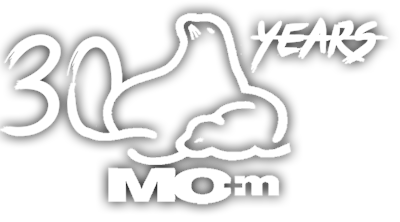

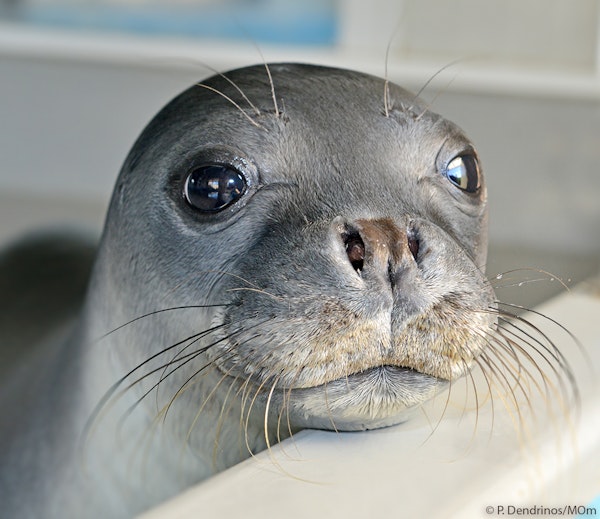
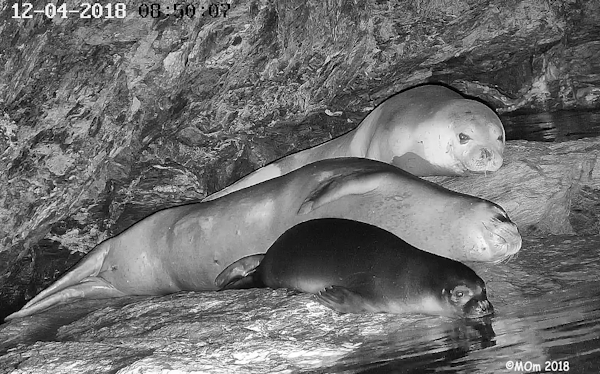
.png?fit=clip&ixjsv=2.2.4&w=400)
